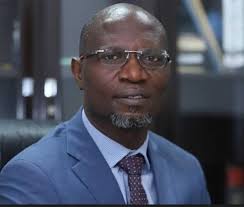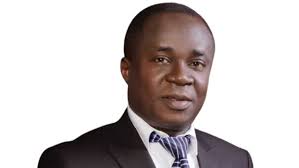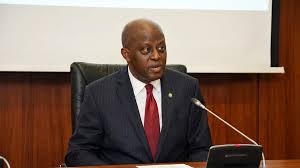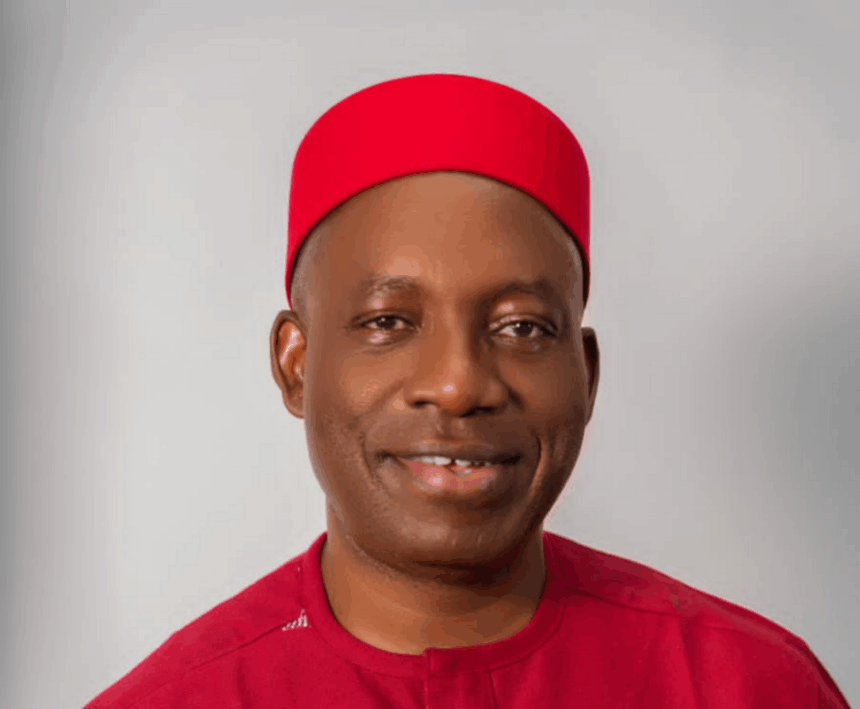‘How to unlock underutilised capital in real estate’

By Andrew Nevin
Some economists have called for the unlocking and harnessing of dead and underutilised capital in real estate and agricultural land to improve the trajectory of the Nigerian economy.
Dr Andrew Nevin, Partner, West Africa Financial Services made the call at a webinar organised by the Lagos Chamber of Commerce and Industry (LCCI) on Tuesday.
The webinar had as its theme: “Assessment of Government’s Economic Intervention and the Way Forward”.
Nevin said reports indicated that the nation held at least 300 billion dollars or as much as 900 billion dollars dead capital in residential real estate and agricultural land alone.
“As a result, there is no better time but now to unlock the potential and harness this capital for wealth creation and economic growth post COVID-19,” he said.
On the pandemic, he said it had caused the greatest economic disruptions ever experienced with 33 sectors of the Nigerian economy declining and 13 sectors growing.
According to him, declining oil revenue which led to declining oil taxes, do not bode well for the 2020 budget implementation.
Nevin said that foreign investors were apprehensive as risks to domestic economy were heightened. “Developing economies are on the back foot as interventions yield marginal benefits on the back of declining revenue flows,” he said.
On the Nigeria Economic Sustainability Plan, Nevin said that the contents were expected to be effective in long term space as they would take years to manifest.
He therefore recommended the restructuring of fiscal plans, especially spending on nonessential projects. Nevin also urged aggressive promotion of peace and tranquillity across the country to attract potential capital.
“Government also needs to carefully manage the risk of debt traps that can result from increasing debts accumulation.
“They must also put in place framework that ensures transparency and accountability across ministries, departments and agencies,” he said.
Mr Taiwo Oyedele, the Fiscal Policy Partner and West Africa Tax Leader, listed liquidity safety of personnel and infrastructure to work from home as top three challenges facing businesses during COVID-19.
Oyedele said the fiscal policy responses by the government resulted in varying responses by the Nigerian businesses.
He advised that for business sustainability, entrepreneurs were to think long term by engaging good ethics and trust values with employees, customers and regulatory agencies.
He also appealed to governments to unlock dead capital, optimise assets, reduce corruption and leakage and prioritise expenses to focus on human capital development and critical infrastructure.
“Government needs to cut waste and leverage digitalisation to build a trail for data to expand tax base.
“There should be no new taxes, no higher rates and no additional compliance burdens on businesses and consumers alike.
“Businesses must rethink competitive advantage and up skill for agility to mitigate the impact of the pandemic,” he said.
READ ALSO: National real estate today debuts on TV
Dr Ayodele Teriba, the Chief Executive Officer, Economic Associates urged governments to pay particular attention to sectors in proportion to losses recorded due to the pandemic.
According to him, this is important to differentiate between incidences across sector as one shoe size does not fit all as expected in the Economic Sustainability Plan. “Government needs to zoom in on companies affected across sector and manage accordingly.
“They must trace companies that have been disproportionately displaced by the pandemic and not paint all sectors with the same brush,” he said.










